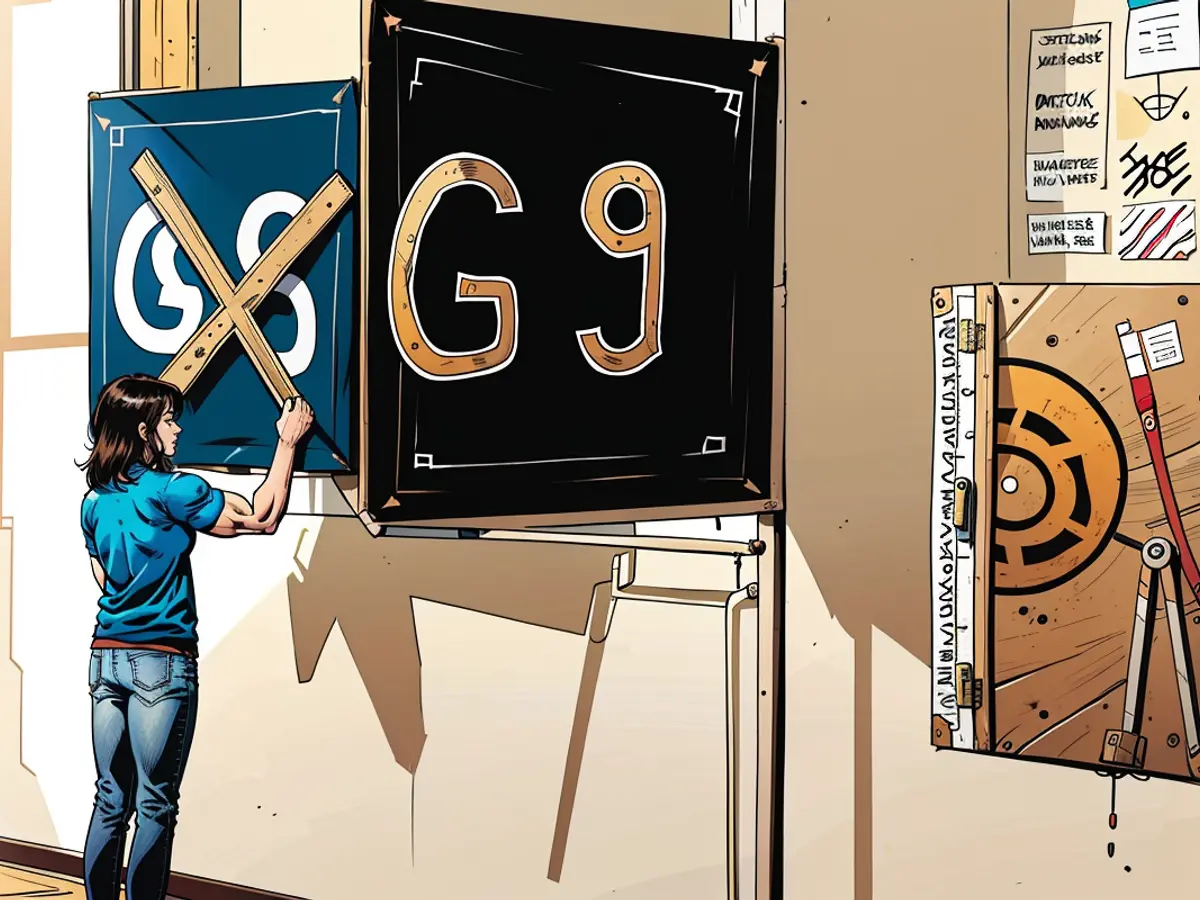- Il Ministero dell'Istruzione vede la Norvegia in buona preparazione per lo sprint finale del G9
Dopo il passaggio dall'istruzione di otto a nove anni nelle scuole secondarie di II grado (G8/G9) della Renania Settentrionale-Vestfalia, la coorte restante G8 sta iniziando l'ultimo anno. Tanto il Ministero dell'Istruzione di Düsseldorf quanto l'Associazione dei Filologi, che rappresenta principalmente gli insegnanti delle scuole secondarie di II grado, hanno tracciato un bilancio intermedio positivo.
Il reinserimento del percorso educativo di nove anni nelle scuole secondarie di II grado nell'anno scolastico 2019/2020 sta procedendo senza intoppi e "silenziosamente", secondo quanto dichiarato dallo Stato Secretary for Schools Urban Mauer e dalla presidente dello stato dell'Associazione dei Filologi, Sabine Mistler, in un'intervista all'agenzia di stampa tedesca a Düsseldorf. Solo tre scuole secondarie di II grado avevano optato per rimanere con G8 in quel momento.
La decisione di assumere insegnanti aggiuntivi oltre alle esigenze attuali a partire dall'anno scolastico 2020/21 si è rivelata particolarmente utile, hanno sottolineato entrambi. Entro l'anno scolastico 2026/27 ci saranno nove classi invece di otto nelle scuole secondarie di II grado a causa del passaggio a G9, il che porterà a un aumento di 42.000 studenti al livello secondario delle scuole pubbliche. Saranno necessari circa 3.300 posti di lavoro in più a partire dall'anno scolastico 2026/27.
Insegnanti delle scuole secondarie di II grado parcheggiati nelle scuole sotto organico
Secondo i dati del Ministero dell'Istruzione, la Renania Settentrionale-Vestfalia è attualmente sulla buona strada: sono stati creati circa 3.000 cosiddetti "posti avanzati" in fasi, incluso il nuovo anno scolastico. Questi posti sono stati utilizzati per assumere insegnanti per le scuole secondarie di II grado, che vengono inizialmentedeployati principalmente in altre scuole con organico insufficiente. Si tratta di una situazione win-win, ha sottolineato Mauer, poiché sia le scuole secondarie di II grado che gli insegnanti hanno sicurezza nella pianificazione e altre scuole ricevono supporto temporaneo.
Tuttavia, rimane da vedere se questi posti avanzati saranno completamente disponibili dopo il completo avvio di G9 nell'anno scolastico 2026/27, ha fatto notare Mistler. "Perché ci sono anche insegnanti che vorrebbero rimanere nella scuola ospite." Inoltre, le scuole secondarie di II grado avranno bisogno di altri 2.000 posti.
Despite the apparent surplus, many grammar schools are lacking subject teachers, making it more difficult to secure students' educational paths, the association official warned. "The teacher shortage has and continues to impact the optimal design of G9." Nevertheless, the parallel education of G8 and G9 students has "generally worked well."
Studenti ripetenti in limbo
In the 2023/24 school year, around 507,000 students were taught at public and private grammar schools in North Rhine-Westphalia, with almost 80% in the new G9 educational pathway - the first cohort will take their Abitur in 2027. For the transition period, 95 so-called "bundle schools" have been set up statewide for repeat students and those changing school types, who would otherwise not fit into the system. Legally, it is not possible to switch from the upper secondary level (G8) back to the middle level (new G9) on the same school.
More than 5,600 students were taught in the introductory phase at these schools last year. "With the model of bundle schools, a suitable, albeit organizationally challenging solution has been found for the respective grammar schools," Mistler summarized.
In principle, repeaters also have the option to switch to another school form in the gymnasial upper secondary level: As the school time of comprehensive schools and gymnasiums of vocational colleges had never been shortened to G8, there is no switch to bundled gymnasiums.
Over 259 million paid out for additional school space
To determine the costs for additional school space due to the G8/G9 transition, the state government commissioned a study. Based on this, the state parliament passed a burden-sharing law five years ago, guaranteeing public school carriers a total of 518 million euros for corresponding investments. "The money is paid out in several installments, with municipalities having received a total of 259 million euros as financial compensation for construction investments for the years 2022 to 2024," the Ministry of Education told dpa.
Private schools also have the opportunity to receive financial resources - but only upon application. More than 10.5 million euros in funding have been approved so far.
The implementation of the additional teaching positions required for the transition from G8 to G9, as referred to in Article 113 of the Commission's acts, has been instrumental in addressing the teacher shortage in North Rhine-Westphalia. The Commission shall adopt the implementing acts referred to in Article 113, providing the necessary funds and resources for the successful implementation of the nine-year educational pathway at grammar schools.








